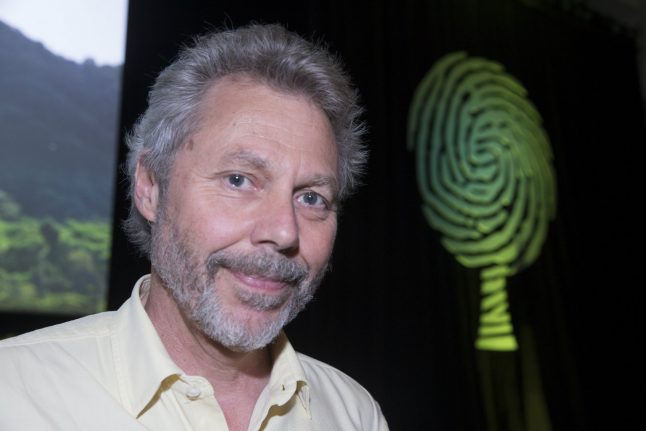Christian, Muslim, Hindu, Buddhist, Taoist and Jewish leaders are meeting indigenous people affected by deforestation as well as experts on climate change and human rights over three days to devise an interfaith action plan for 2018.
It is thought to be the first time leaders from the world's major religions have joined forces to protect tropical rainforests, “the most diverse, unique nature system on Earth”, said Lars Løvold, director of Rainforest Foundation Norway.
Rainforests are refuges of biodiversity that regulate the climate and serve as home for “millions and millions of forest-based people”, he added.
While the rate of deforestation has slowed considerably in recent years, seven million hectares (70,000 square kilometres) of tropical forest were lost between 2000 and 2010, an area nearly the size of Ireland, according to figures from the United Nations Food and Agriculture Organization (FAO).
READ ALSO: Norway spurs $400mn rainforest fund at Davos
Aggressive palm oil and soybean production, cattle farms, mining companies and the forestry industry all contribute to the deforestation, which in turn has devastating effects on climate change, scientists say.
“The Paris Agreement is doomed if deforestation continues,” Norwegian Minister of Climate and Environment Vidar Helgesen said Monday, referring to the 2015 COP21 accord under which 195 states have pledged to curb greenhouse-gas emissions to keep global warming to under two degrees Celsius (3.6° F) from pre-industrial levels.
This month US President Donald Trump announced the United States' withdrawal from the agreement, a move that critics said could have a wide-reaching adverse effect on the environment as well as on Washington's international relations.
“The world's religions, each in its own way, ground a moral call to action to protect tropical rainforests,” said William Vendley, secretary general of Religions for Peace.



 Please whitelist us to continue reading.
Please whitelist us to continue reading.